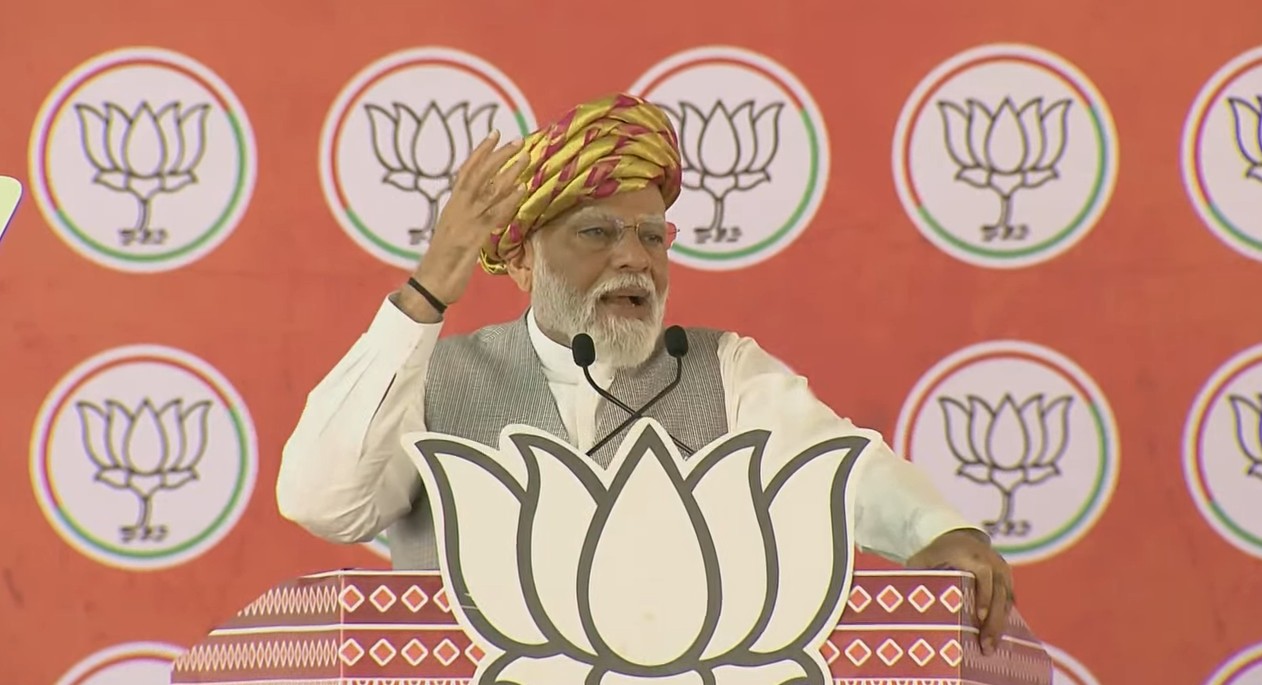Prime Minister Narendra Modi’s recent challenges to the Congress party regarding reservation policies have ignited a passionate debate on socio-political equity and the role of affirmative action in India’s democratic framework.
Speaking at a public rally in Jamnagar, Gujarat, PM Modi reiterated his call for clarity and transparency from the Congress on crucial issues surrounding reservation. His challenges, issued nine days ago, seek written assurances from the opposition party regarding their stance on reservation policies, particularly concerning the Muslim community.
The Prime Minister’s challenges encapsulate the essence of the reservations discourse in India. Firstly, he called upon the Congress to provide written assurance that they will not amend the Constitution to introduce reservations based on religion, a contentious issue that has stirred debates on the secular fabric of the nation.
Secondly, PM Modi urged the Congress to pledge in writing that the reservation quotas allocated for marginalized communities, including Scheduled Castes (SC), Scheduled Tribes (ST), and Other Backward Classes (OBC), will remain intact and not be compromised to accommodate reservations for Muslims.
Lastly, he challenged the Congress to ensure transparency within their state governments, demanding written assurance that there are no clandestine efforts to grant reservations to Muslims, thereby raising concerns about political agendas and hidden motives.
The Congress party’s silence in response to these challenges has added fuel to the fire of speculation and conjecture. PM Modi’s assertion that “their silence speaks volumes” has resonated across the political spectrum, prompting questions about the opposition’s commitment to social justice and inclusive governance.
The nation eagerly awaits the Congress party’s response, recognizing the significance of their reply in shaping the trajectory of reservation policies and fostering a more equitable society.
As the discourse unfolds, it underscores the complexities and nuances inherent in the reservations debate, highlighting the need for constructive dialogue and bipartisan cooperation to address the systemic inequities that persist in Indian society.
Ultimately, PM Modi’s challenges to the Congress serve as a rallying cry for greater accountability and transparency in governance, reaffirming the government’s commitment to upholding the principles of equality and social justice for all citizens.



